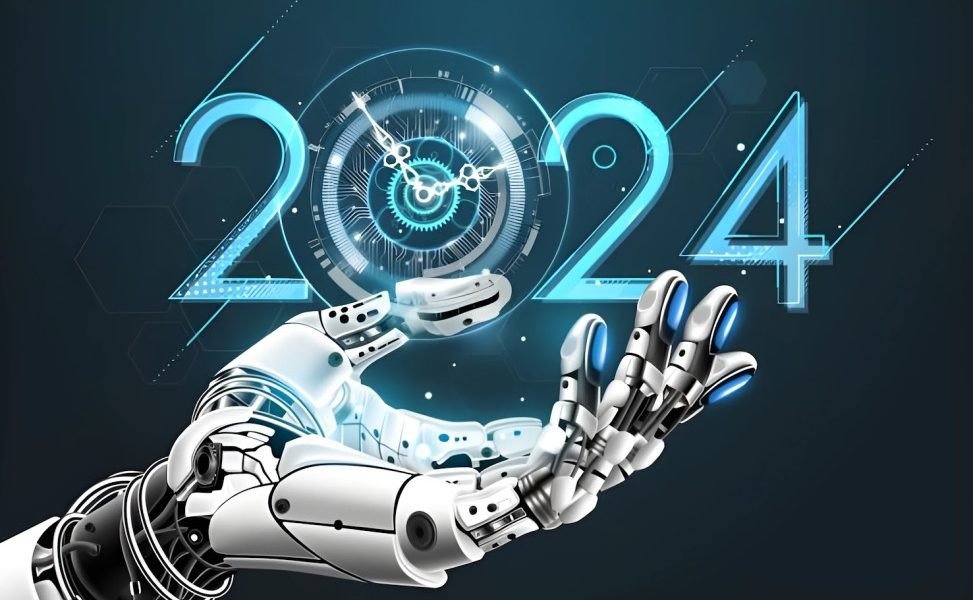Artificial Intelligence (AI) is redefining industries and transforming daily life in unprecedented ways. In 2024, AI technologies are more advanced, accessible, and impactful than ever before. From healthcare breakthroughs to immersive smart home experiences, AI continues to innovate across sectors. This article examines how AI is reshaping the world, the associated costs, and its economic implications.
AI Transformations Across Key Sectors

AI in Healthcare
AI-powered technologies are revolutionizing healthcare by enhancing diagnostics, treatment, and patient care.
Applications:
- AI algorithms identify diseases in medical images with high accuracy.
- Virtual health assistants provide personalized advice and reminders.
- Predictive analytics optimize resource allocation in hospitals.
Estimated Costs:
- Diagnostic AI tools: $50,000–$200,000 per system.
- Annual maintenance: $10,000–$50,000.
AI in Autonomous Vehicles
Self-driving technology is advancing with AI systems that enable safe and efficient navigation.
Applications:
- Machine learning algorithms predict traffic patterns and avoid collisions.
- AI improves route optimization and fuel efficiency.
- Advanced safety features reduce road accidents.
Estimated Costs:
- AI system development: $1M–$5M per vehicle model.
- Integration of AI sensors and hardware: $10,000–$50,000 per vehicle.
AI in Smart Homes
AI makes homes more connected, efficient, and secure by automating daily tasks and monitoring energy use.
Applications:
- AI virtual assistants control lighting, appliances, and climate.
- Energy management systems optimize electricity consumption.
- AI-powered security systems provide real-time alerts and monitoring.
Estimated Costs:
- Complete smart home setup: $1,000–$10,000.
- AI-enabled security systems: $500–$5,000.
AI in Retail and E-Commerce
Retailers leverage AI to deliver personalized shopping experiences and automate inventory management.
Applications:
- Chatbots handle customer inquiries 24/7.
- AI algorithms recommend products tailored to user preferences.
- Inventory systems predict demand and reduce overstock.
Estimated Costs:
- AI chatbot implementation: $10,000–$50,000.
- Personalization tools: $20,000–$100,000.
Generative AI
Generative AI models like ChatGPT and DALL-E are transforming industries with content creation and automation.
Applications:
- AI generates high-quality text, visuals, and code for businesses.
- Creative professionals use AI for faster prototyping and design.
- Generative AI supports marketing campaigns and product development.
Estimated Costs:
- Generative AI subscription: $100–$500/month.
- Custom AI model development: $50,000–$500,000.
Economic Impact of AI in 2024

Revenue Growth Across Sectors
AI technologies are driving significant revenue increases across industries:
| Sector | Estimated Revenue Impact (USD) | Key Contributions |
|---|---|---|
| Healthcare | $150B+ annually | Diagnostics, telemedicine, predictive tools |
| Autonomous Vehicles | $80B+ annually | Ride-sharing, advanced safety systems |
| Retail and E-Commerce | $100B+ annually | Personalization, automated inventory |
| Smart Home Technology | $30B+ annually | Energy efficiency, home automation |
| Generative AI | $50B+ annually | Content creation, marketing automation |
Challenges in Adopting AI Technologies

High Initial Investment
Developing and integrating AI systems require substantial upfront costs, including specialized hardware and skilled labor.
Costs:
- AI hardware and servers: $10,000–$500,000.
- Salaries for AI engineers: $100,000–$200,000/year.
Ethical and Data Privacy Concerns
AI systems rely heavily on data, raising issues about privacy, consent, and data misuse.
Algorithmic Bias
AI can unintentionally perpetuate biases in decision-making, requiring developers to prioritize fairness and transparency.
3 The Future of AI: Trends to Watch

1. Edge AI
By processing data closer to devices, Edge AI enables faster responses and reduced latency, particularly in autonomous systems and IoT devices.
2. AI-Driven Sustainability
AI is becoming a key player in reducing waste, managing renewable energy, and driving sustainable initiatives across industries.
3. Collaborative AI
Future AI systems will focus on enhancing human creativity and decision-making rather than replacing them.
AI’s Revolution: A World of Limitless Potential
How AI is Unlocking New Possibilities
AI in 2024, AI is no longer a futuristic concept; it is a transformative force reshaping industries, improving lives, and driving economic growth. From smarter homes to autonomous vehicles and personalized healthcare, AI has permeated nearly every aspect of daily life.
While challenges like high costs and ethical considerations remain, the benefits of AI far outweigh the hurdles. As technology continues to advance, the potential for innovation and collaboration is limitless. The future of AI promises a world where smarter systems and human creativity come together to unlock possibilities we once only dreamed of.
